Stone resin baths are all the rage in modern bathrooms, loved for their luxurious look and practical benefits. One of the key advantages that make stone resin baths stand out is their heat retention. But do stone resin baths really retain heat?
In this article, we will look at how stone resin materials contribute to heat retention and why this is important for your bathing experience.
What Makes Stone Resin Baths Good at Holding Heat?
Stone resin baths are made from a composite material that combines natural minerals such as aluminium trihydrate with high-quality resins. This creates a solid, dense, and non-porous surface that is much better at insulating heat than acrylic or porcelain tubs.
The manufacturing process of stone resin baths removes air bubbles, resulting in a smooth, consistent surface that minimises heat loss. This dense surface means the bath water stays warmer for longer, making your bath more comfortable and relaxing.

Benefits of Better Heat Retention
The better heat retention of stone resin baths means:
-
Longer Warm Baths: Since the bath water stays warmer for longer, you can have longer soaking sessions without adding more hot water.
-
Energy Efficient: Retaining heat means you don’t need to reheat the water, constantly saving you on energy bills.
-
Comfort: A warm bath surface adds to the overall comfort, especially in colder climates or seasons.
Compared to Other Bathtub Materials
Due to their composite material, freestanding stone resin baths outperform acrylic or porcelain tubs in heat retention. Copper and wood tubs also hold heat well, but stone resin baths are more affordable and low-maintenance without compromising on durability or style.
Maintenance Tips to Preserve Heat Retention
Regular cleaning and care are essential to maintaining the heat retention of your stone resin bath. Use a soft cloth and mild soap to clean the bath surface; avoid harsh chemicals or abrasive cleaners that could damage the acrylic coating. Rinse and dry the bath after each use to prevent soap scum and residue buildup that can affect the surface’s insulating properties.
Stone resin baths are an excellent investment for a luxurious and comfortable bathing experience. Their better heat retention means the bath water stays warmer for longer, relaxing and saving energy. Their durability, style, and low maintenance make them beautiful, functional, and long-lasting.
FAQ
Q1: How long does a stone resin bath keep water warm?
A stone resin bath can keep water warm for much longer than acrylic or porcelain tubs, often up to 30-60 minutes, depending on water temperature and room conditions.
Q2: Are stone resin baths energy efficient?
Yes, because of their good heat retention, stone resin baths mean you don’t need to add hot water as often, reducing your energy consumption.
Q3: Can stone resin baths get damaged by heat?
Stone resin baths are durable and heat resistant. However, to prevent damage, don’t place extremely hot objects directly on the bath surface.
Q4: How do I clean my stone resin bath without affecting its heat retention?
Use a soft or damp cloth with soap or a mild abrasive cream cleanser. Avoid strong surface cleaners or harsh chemicals that could damage the polished surface.
Q5: Are stone resin baths eco-friendly?
Many stone resin baths are made from recycled natural minerals and environmentally friendly manufacturing processes, making them a sustainable choice for your bathroom.



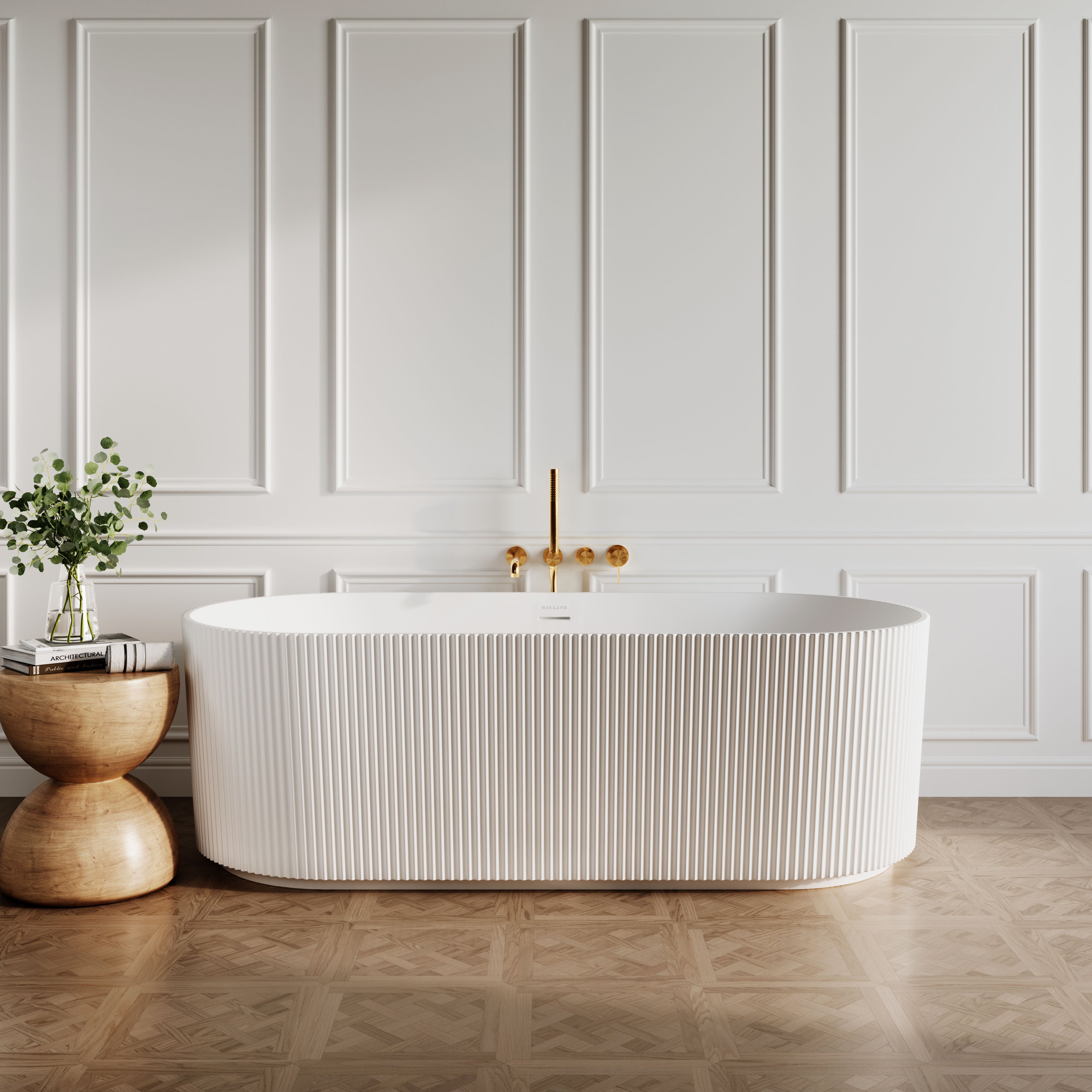
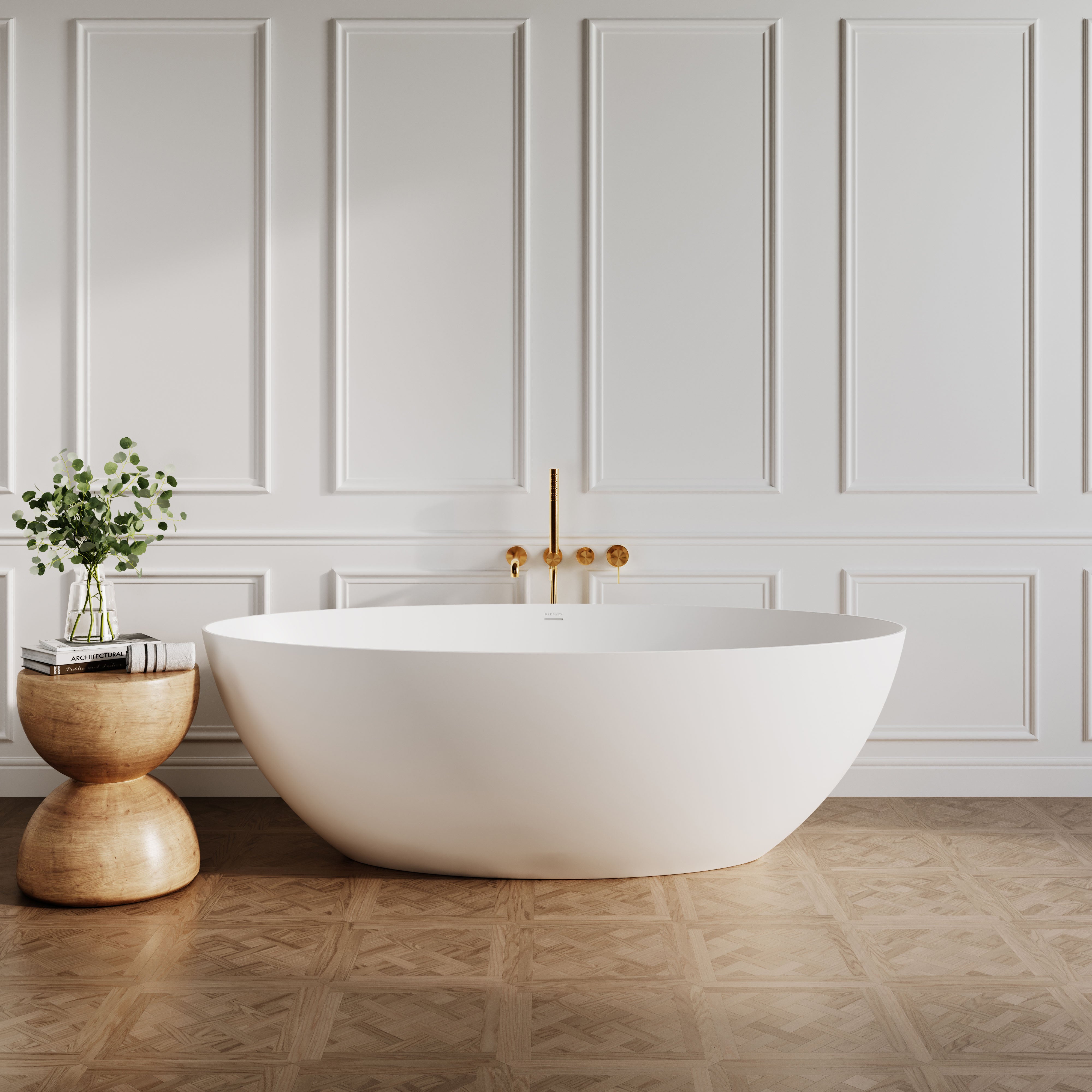
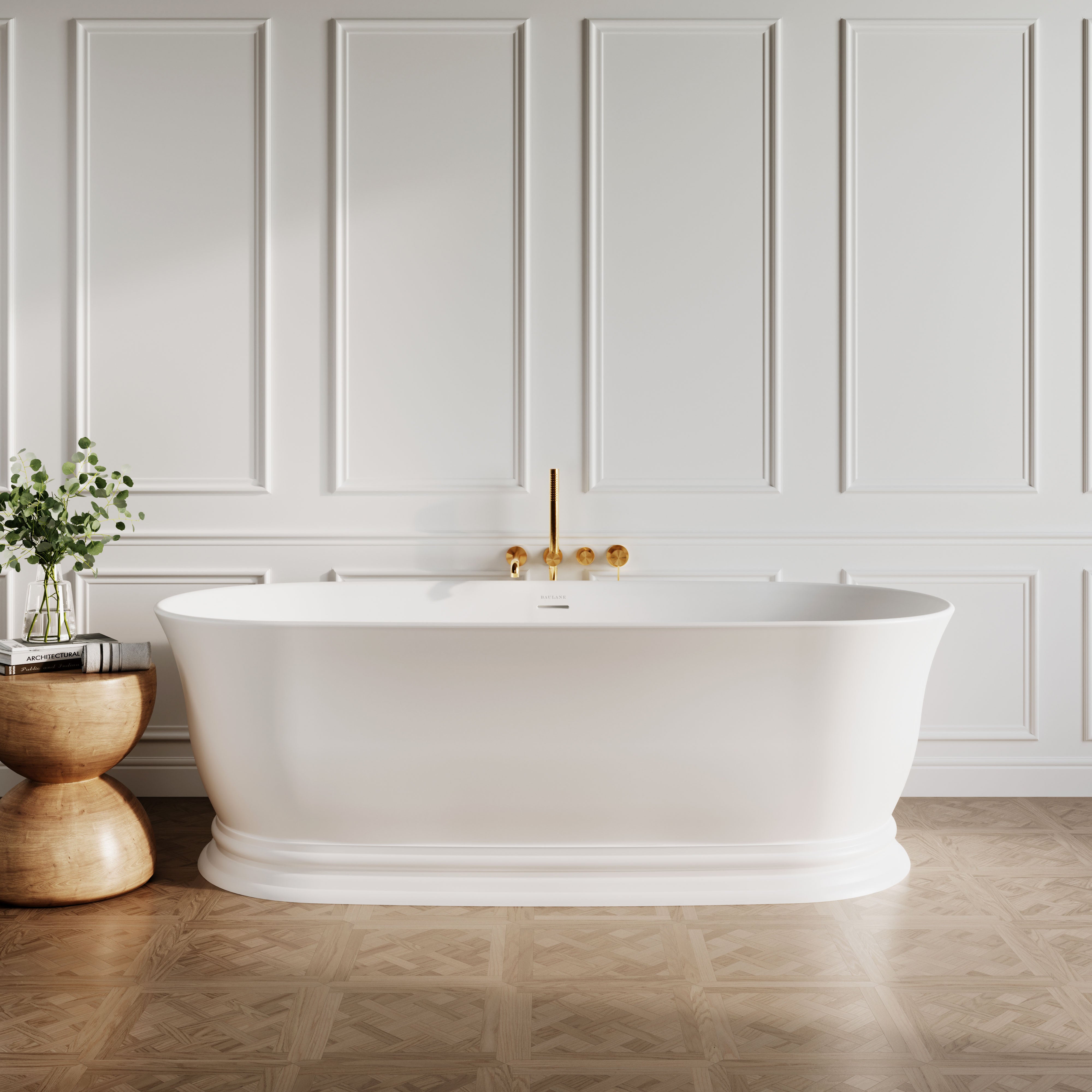
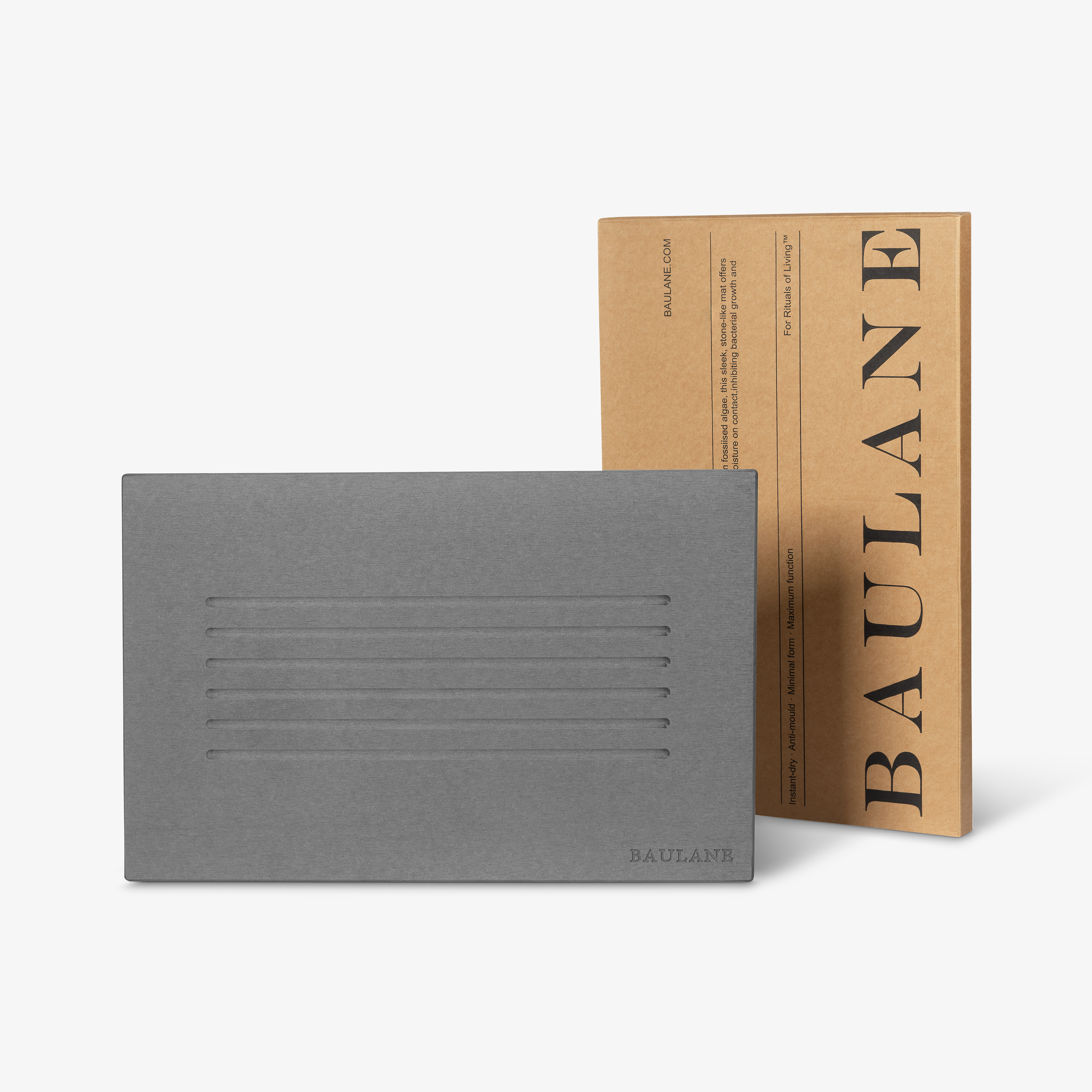

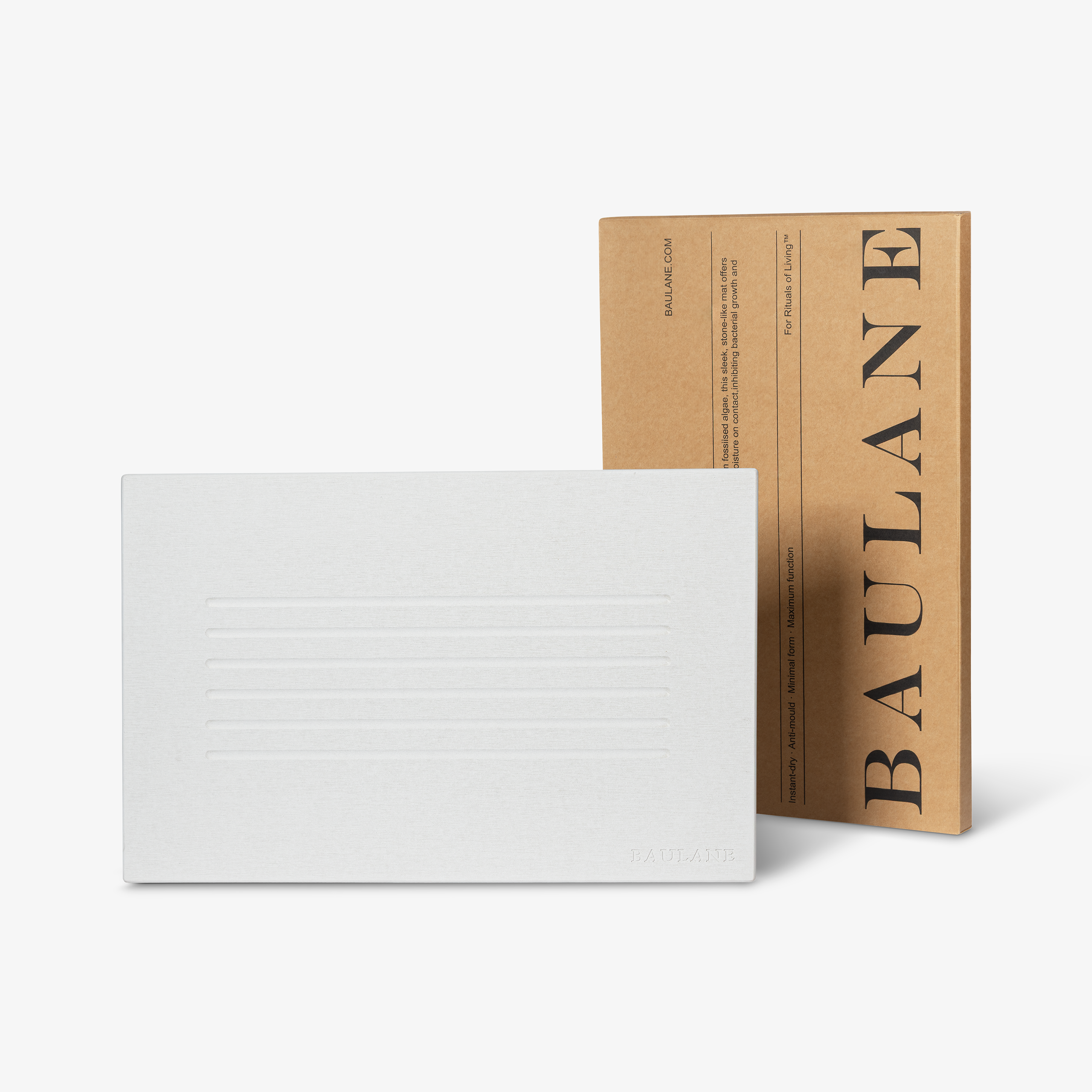
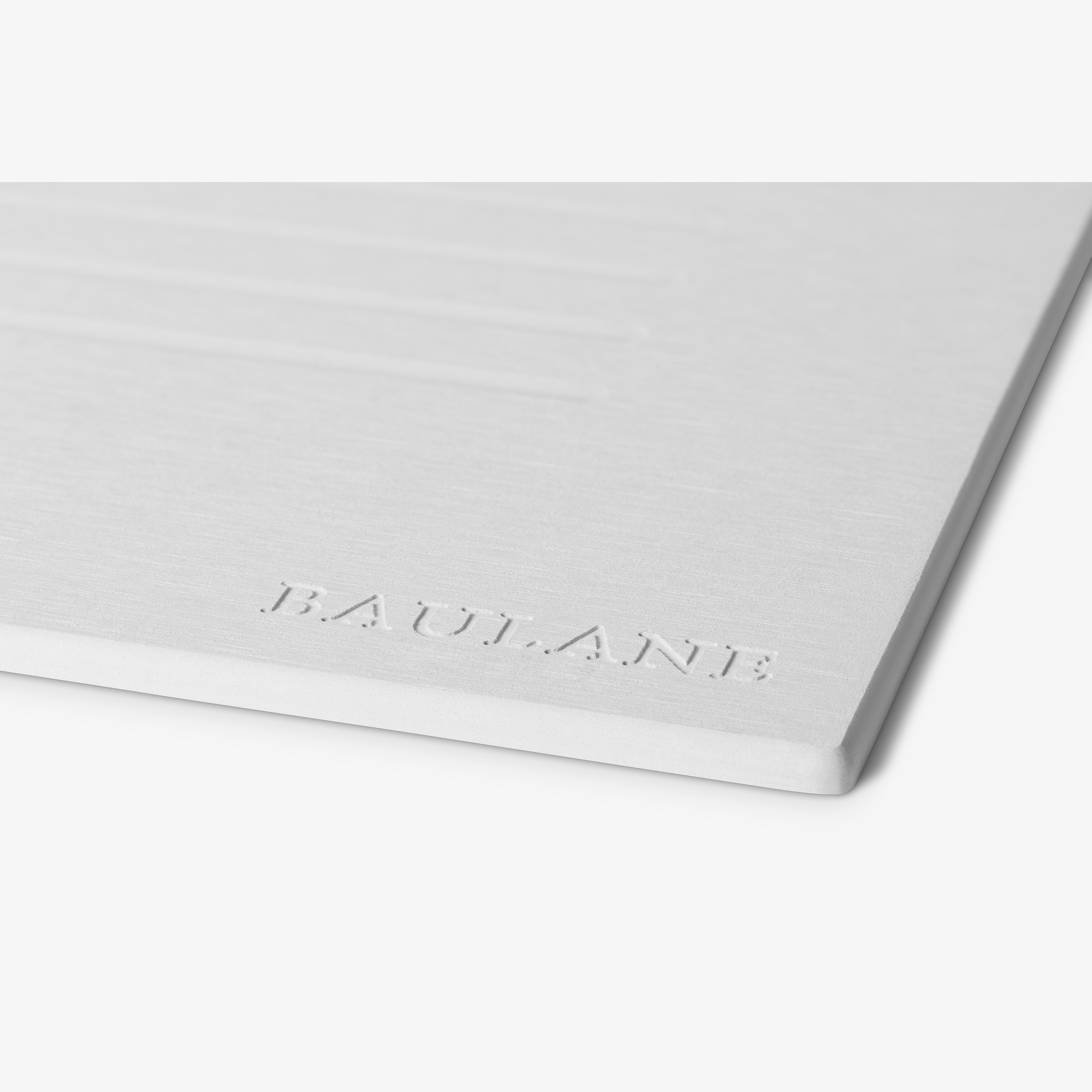
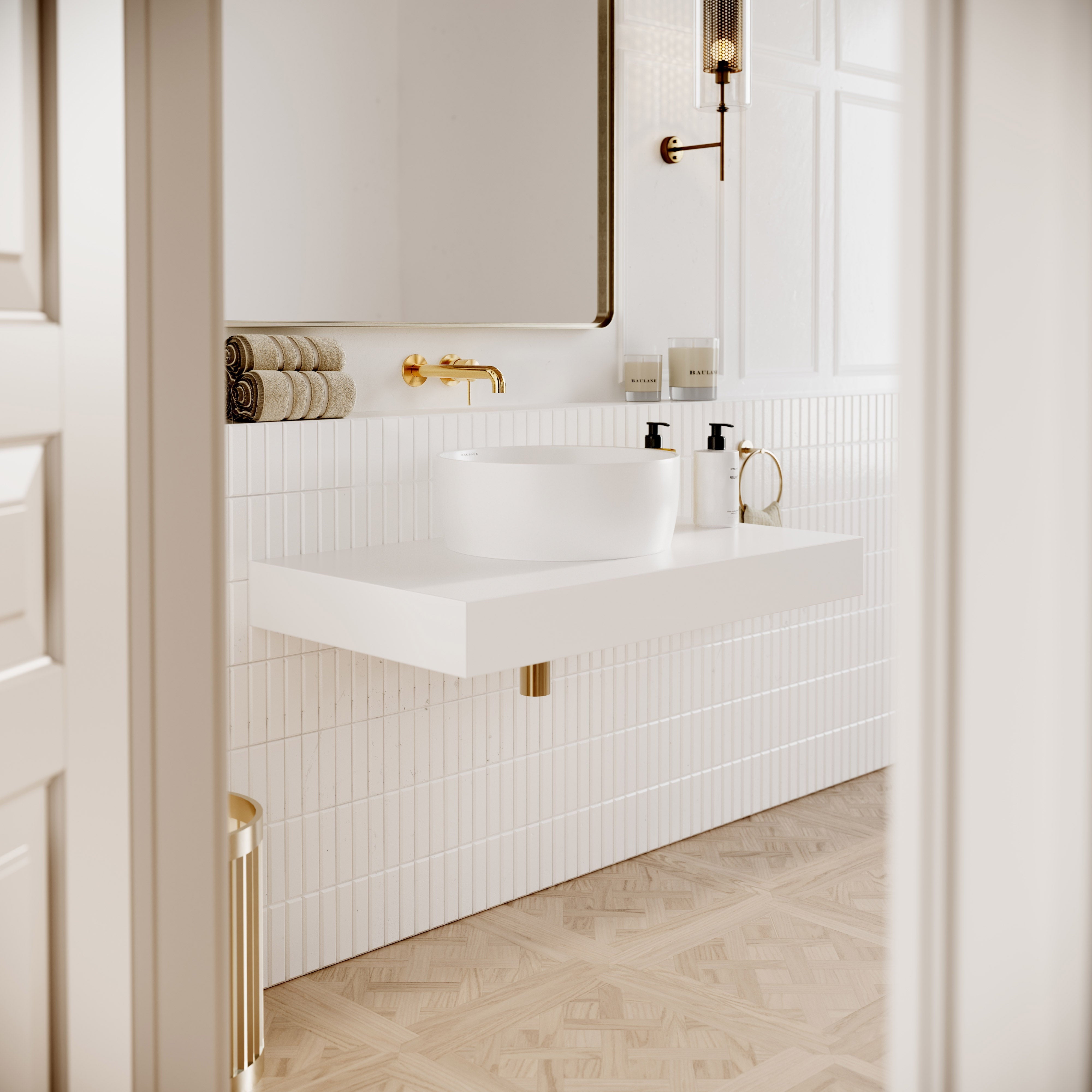







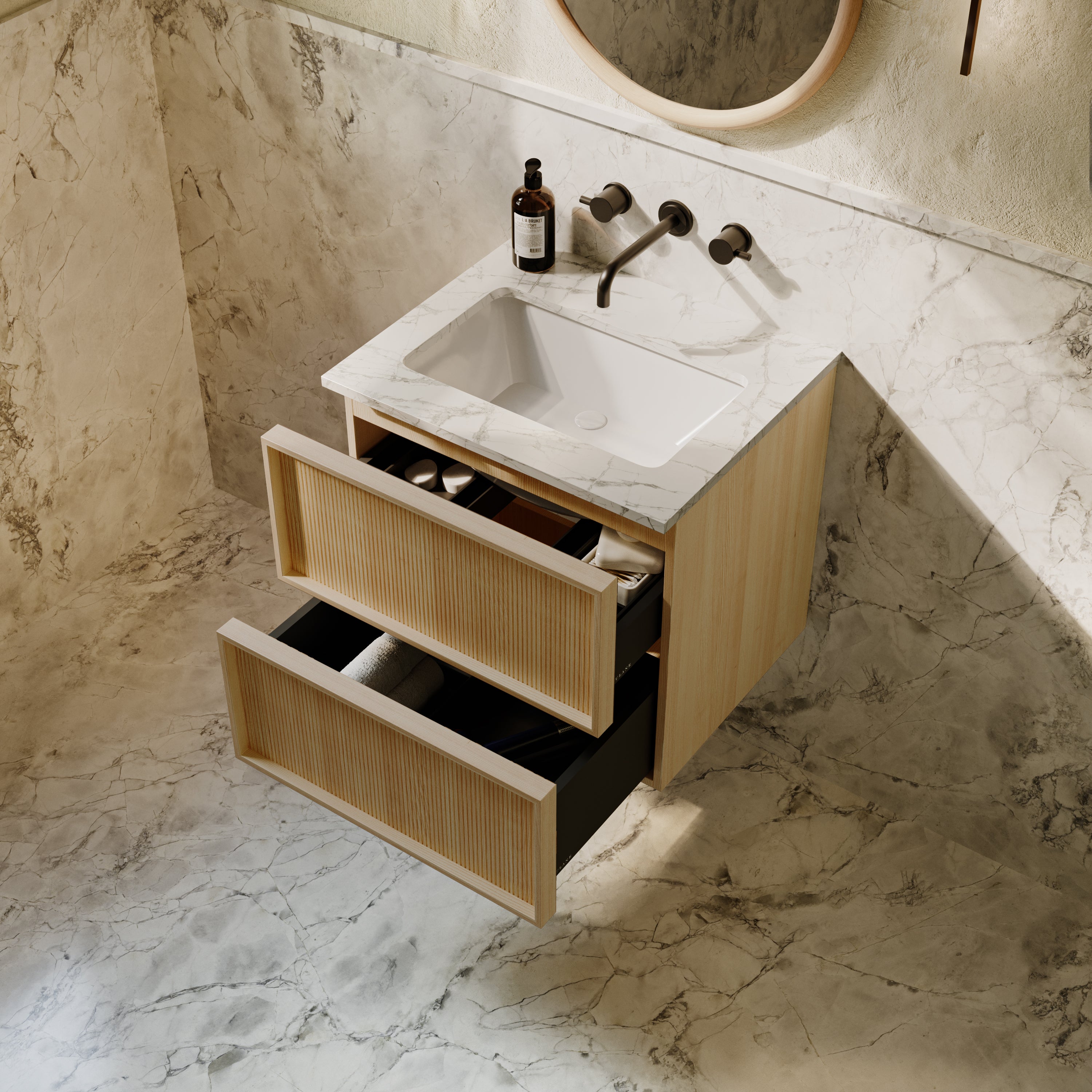

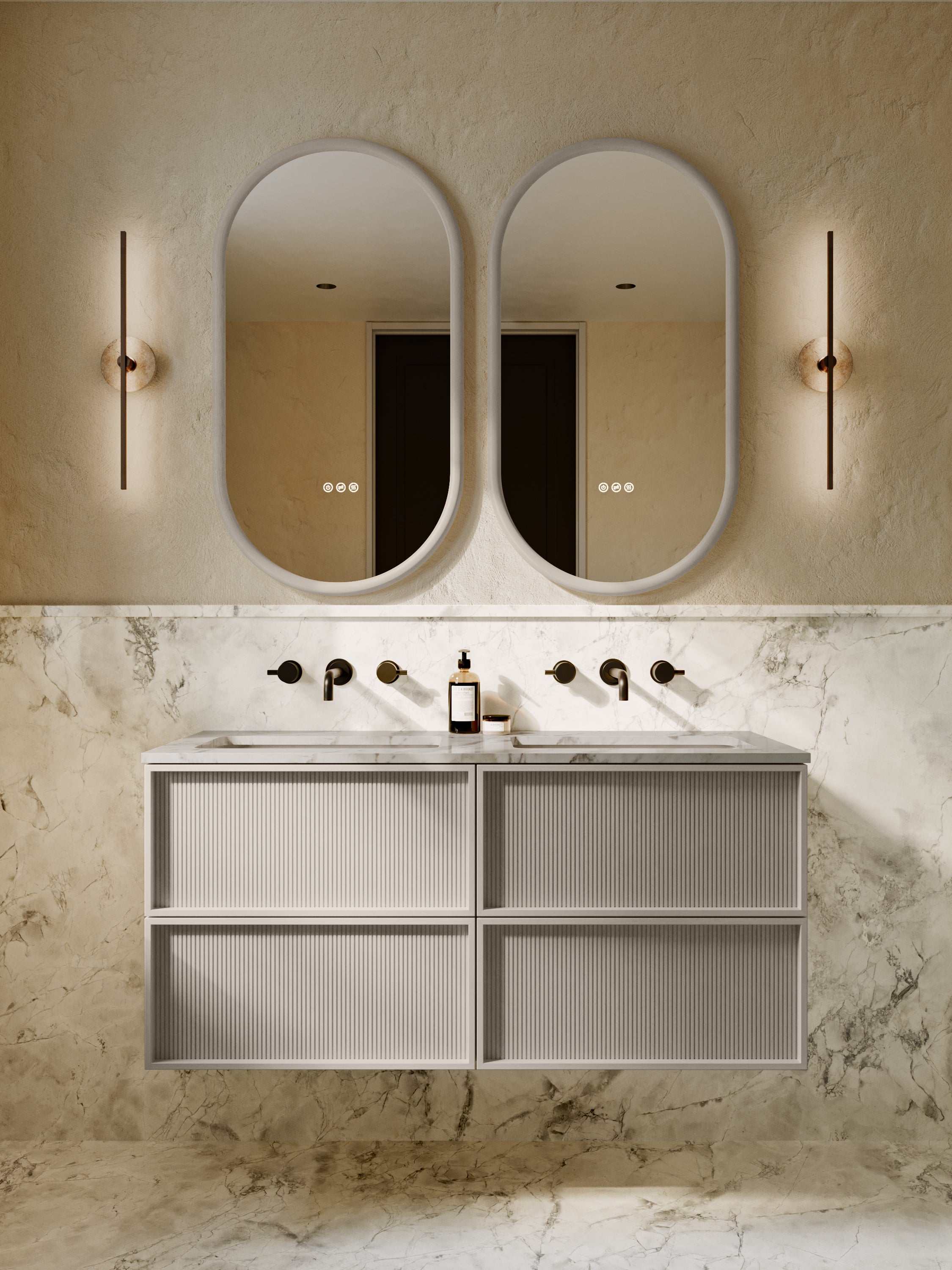

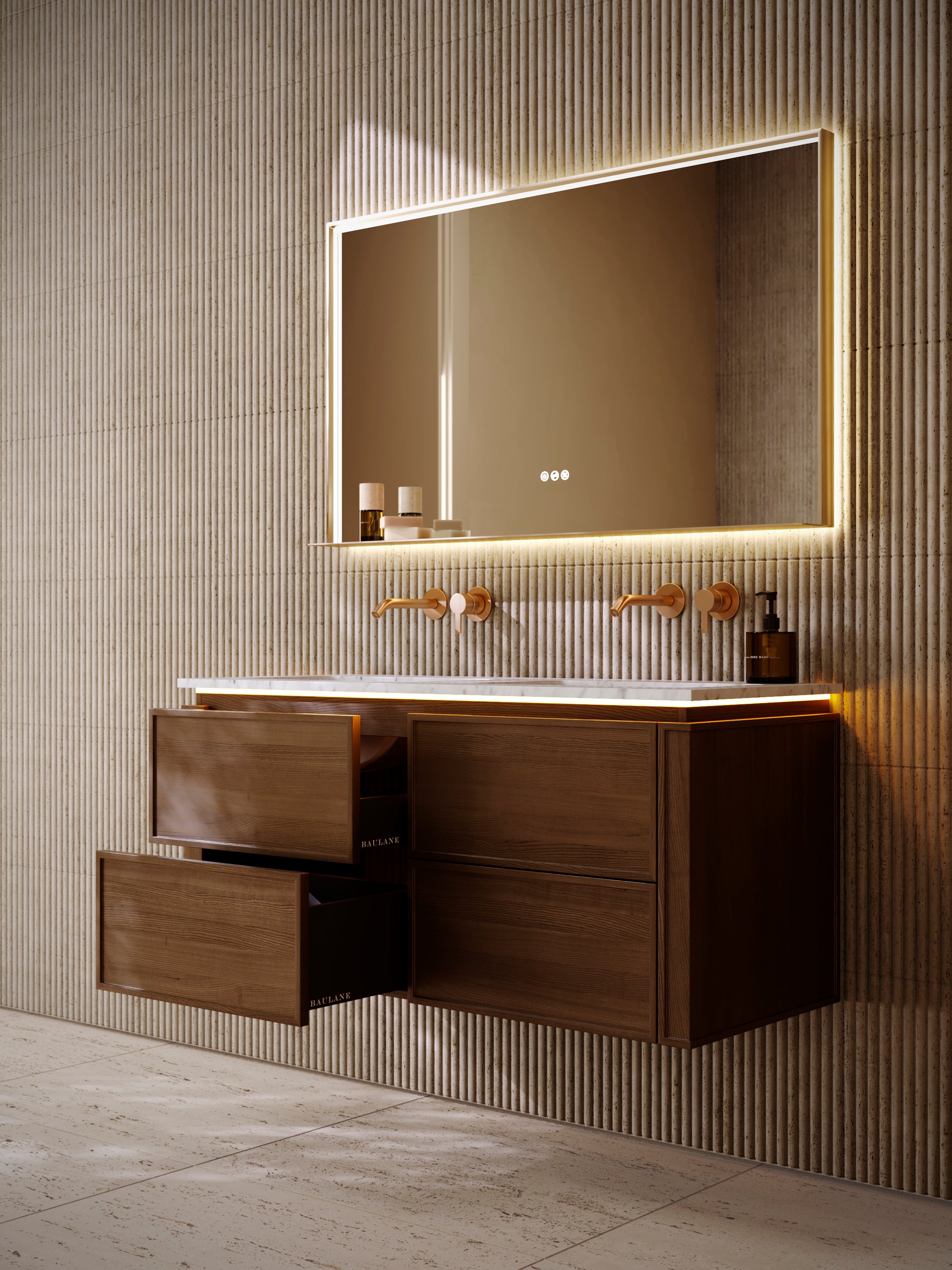
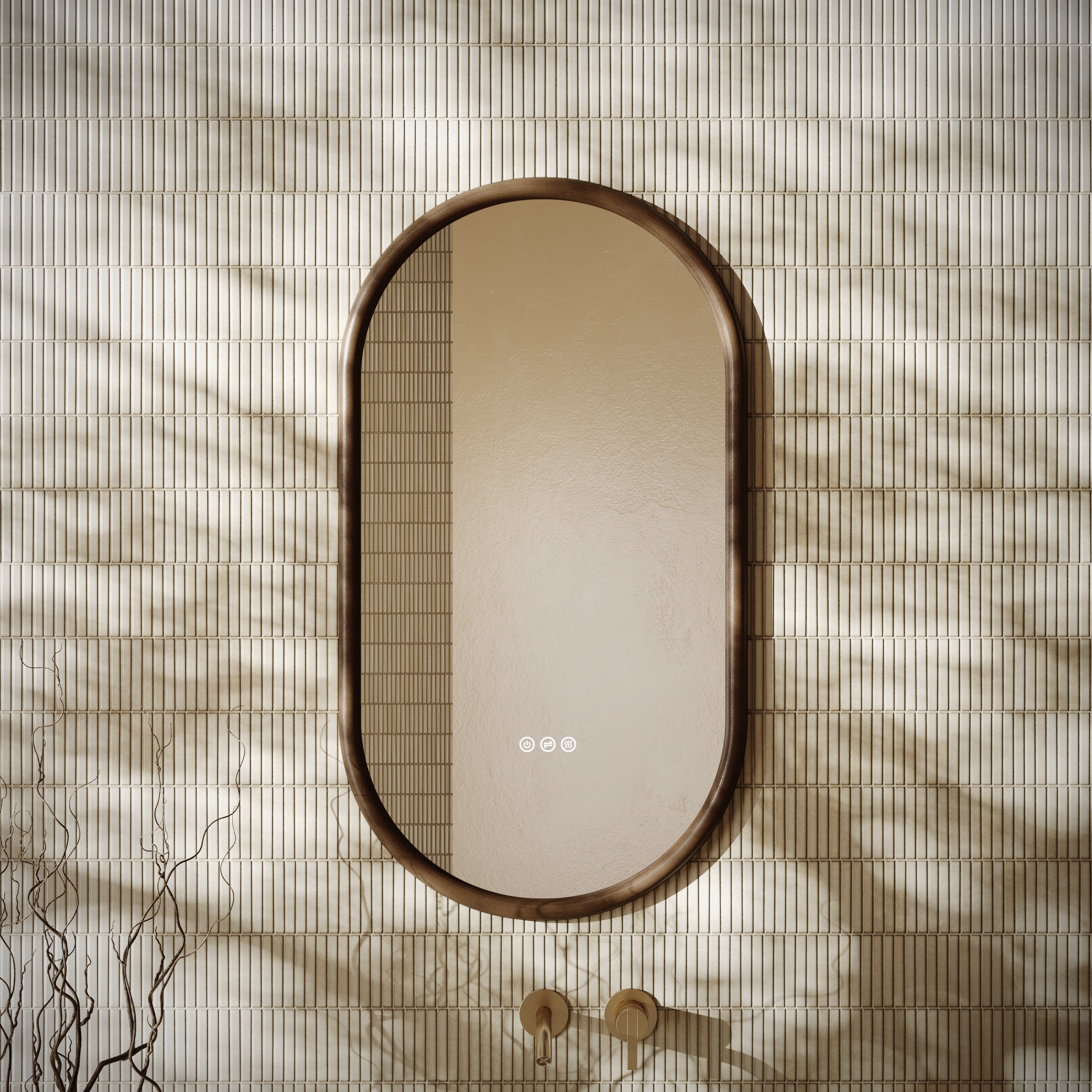
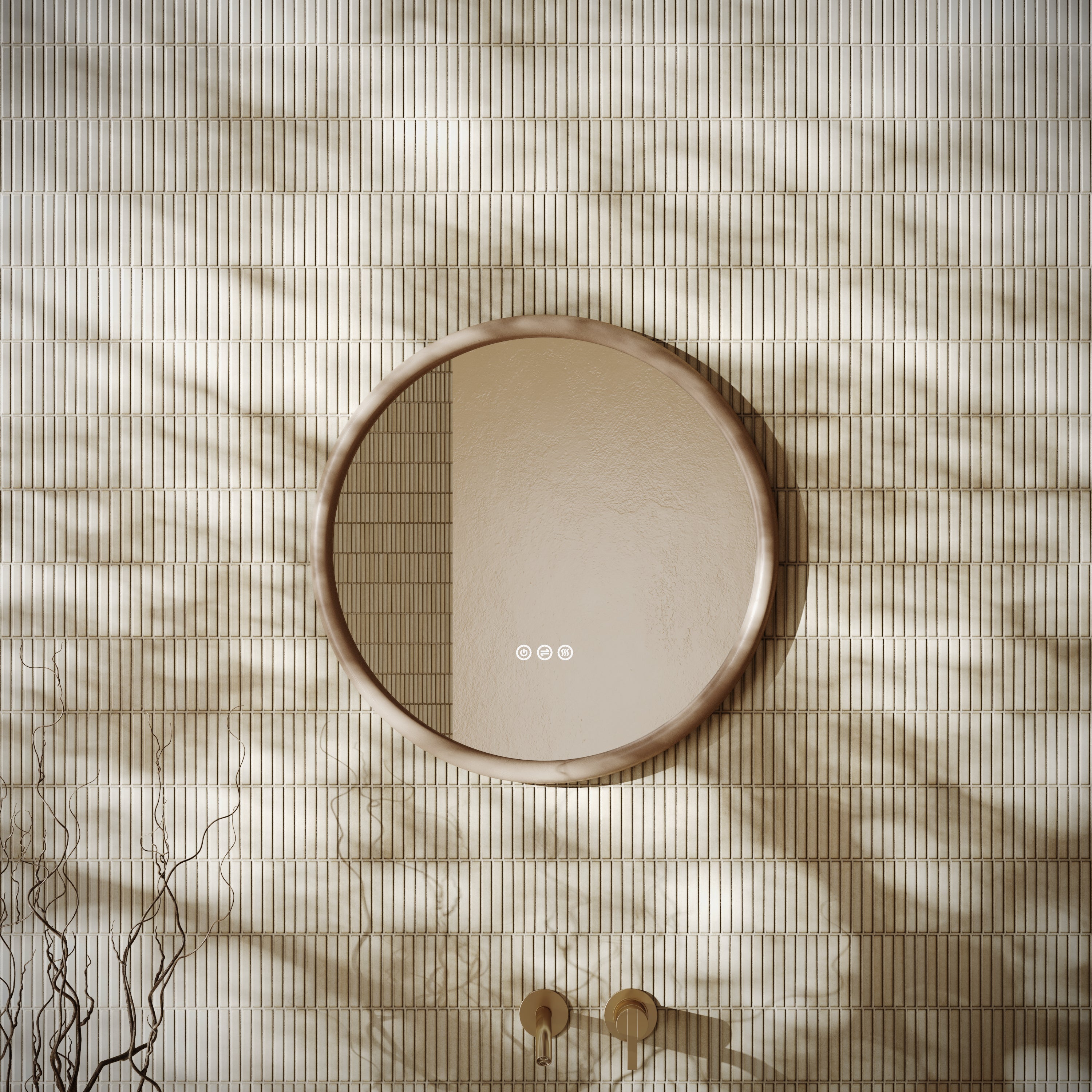
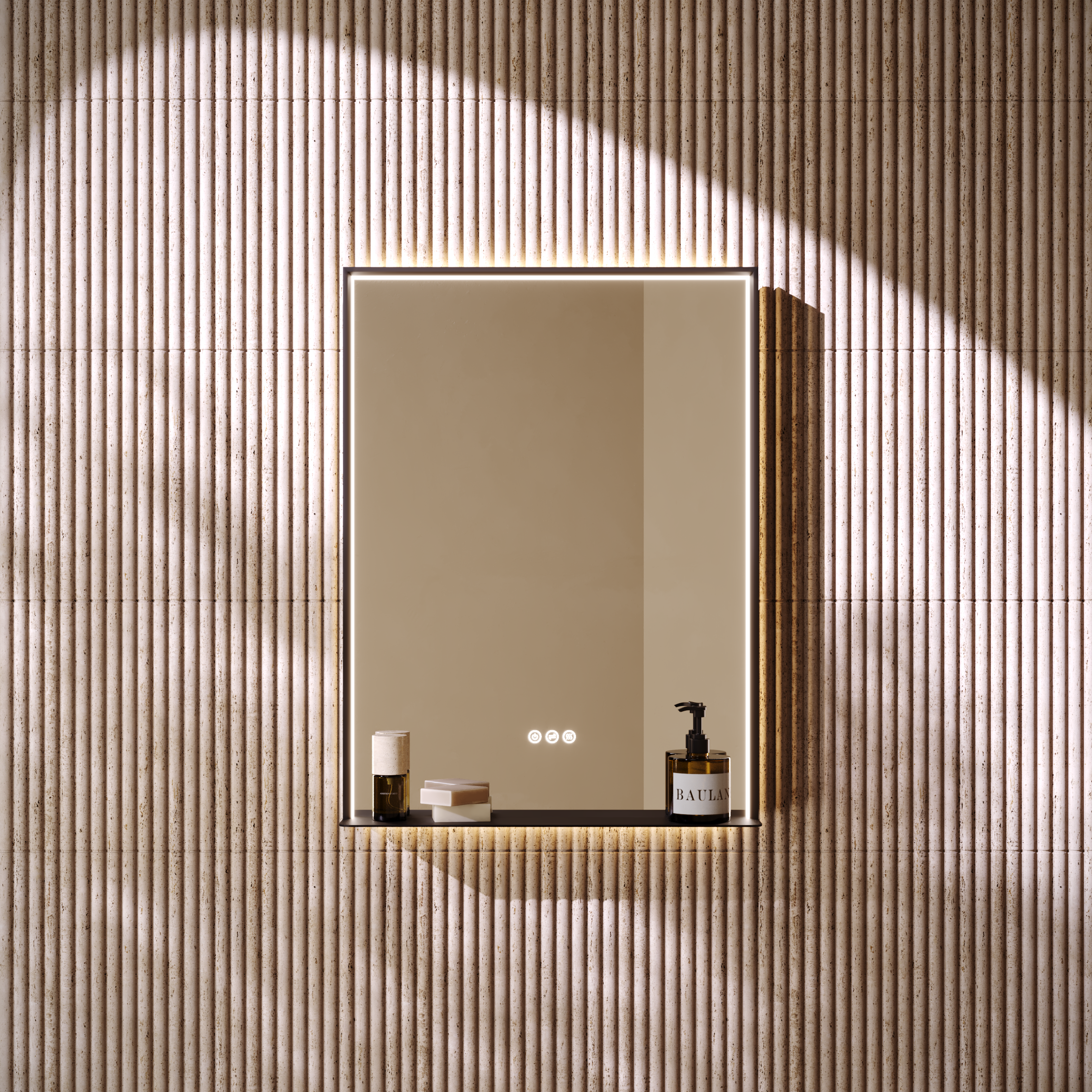
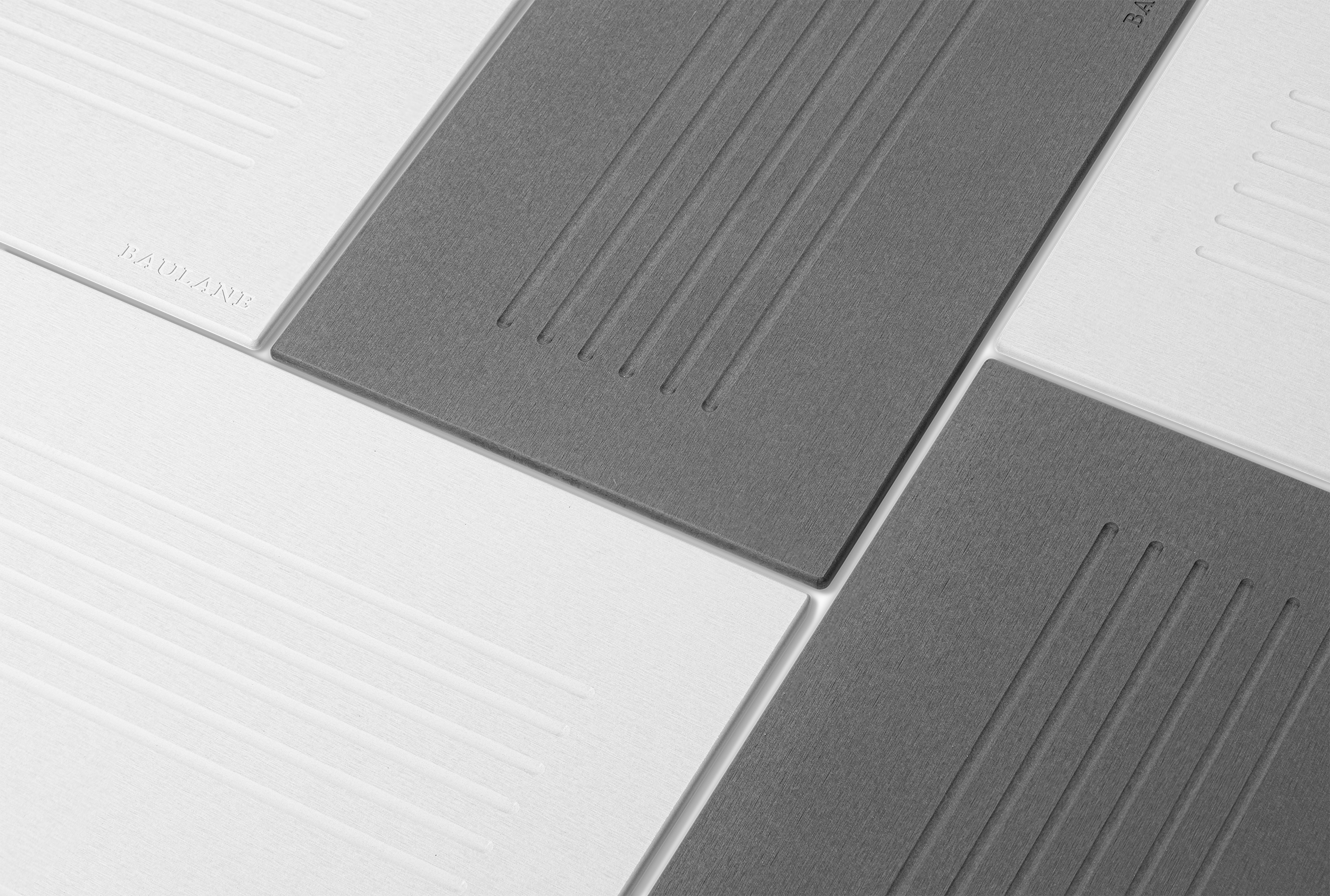
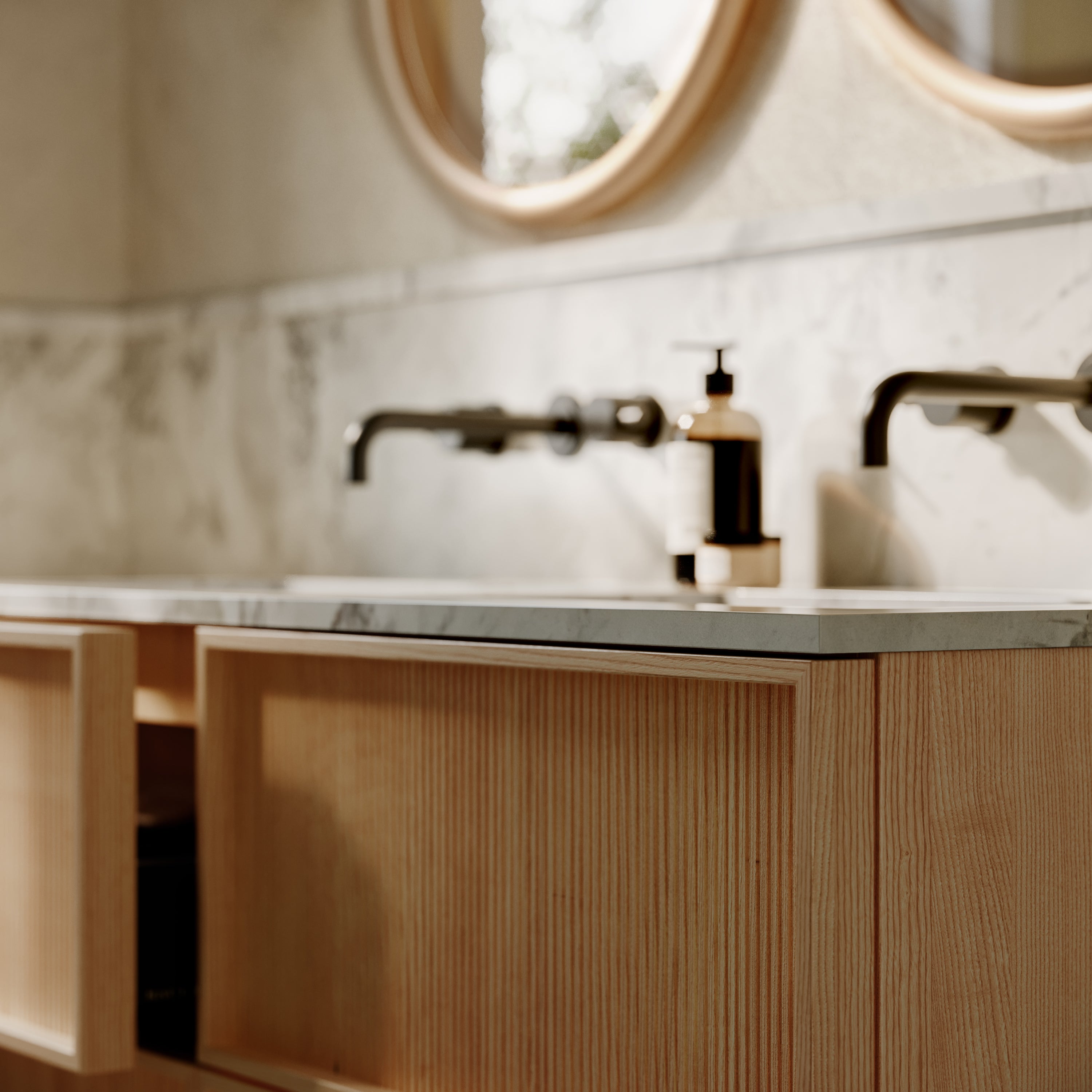

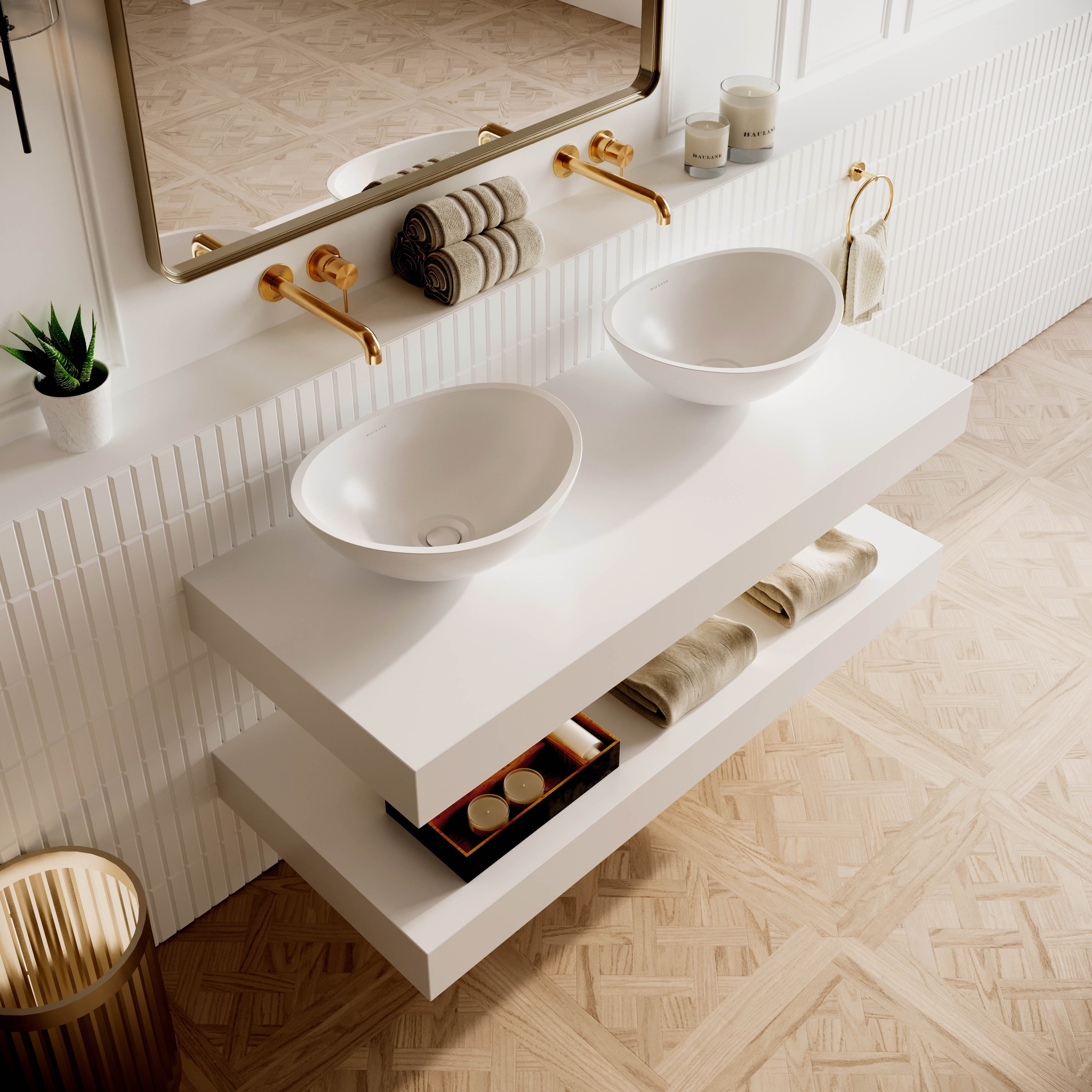

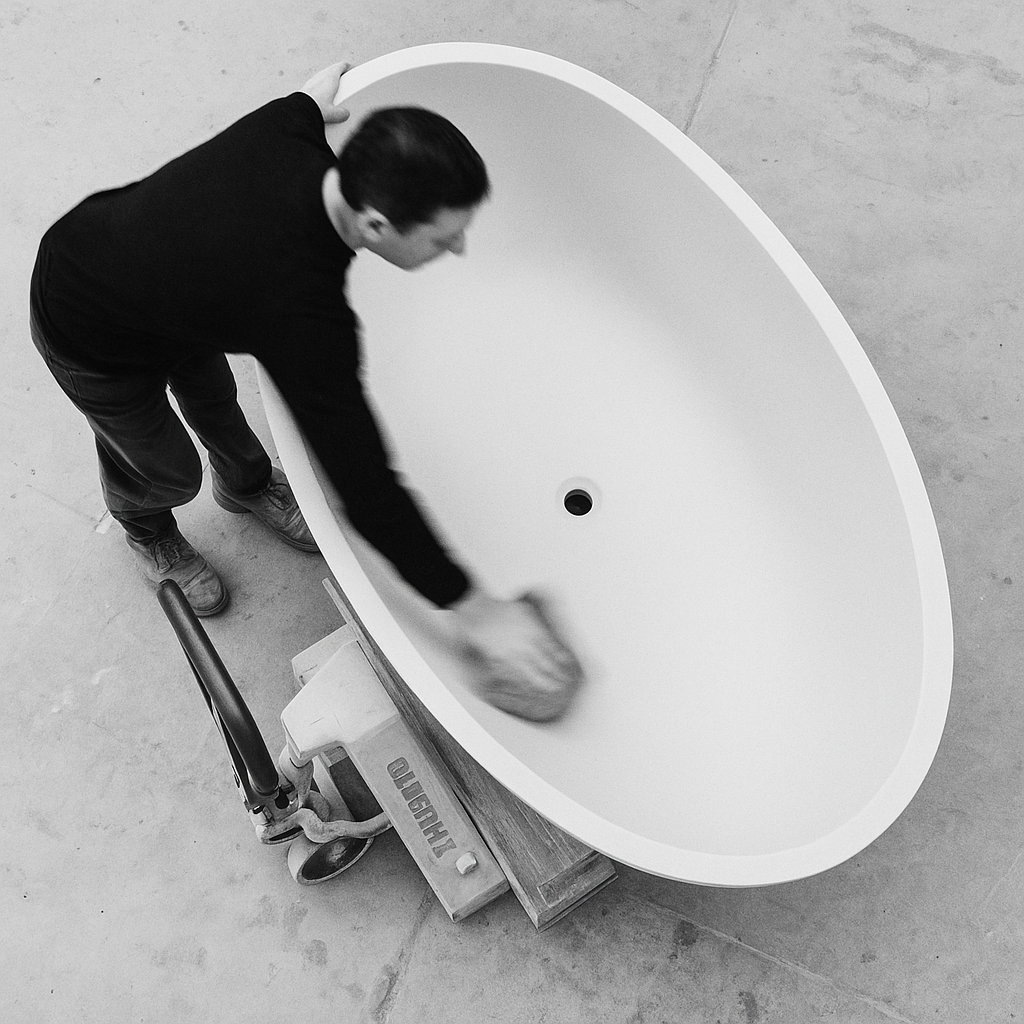
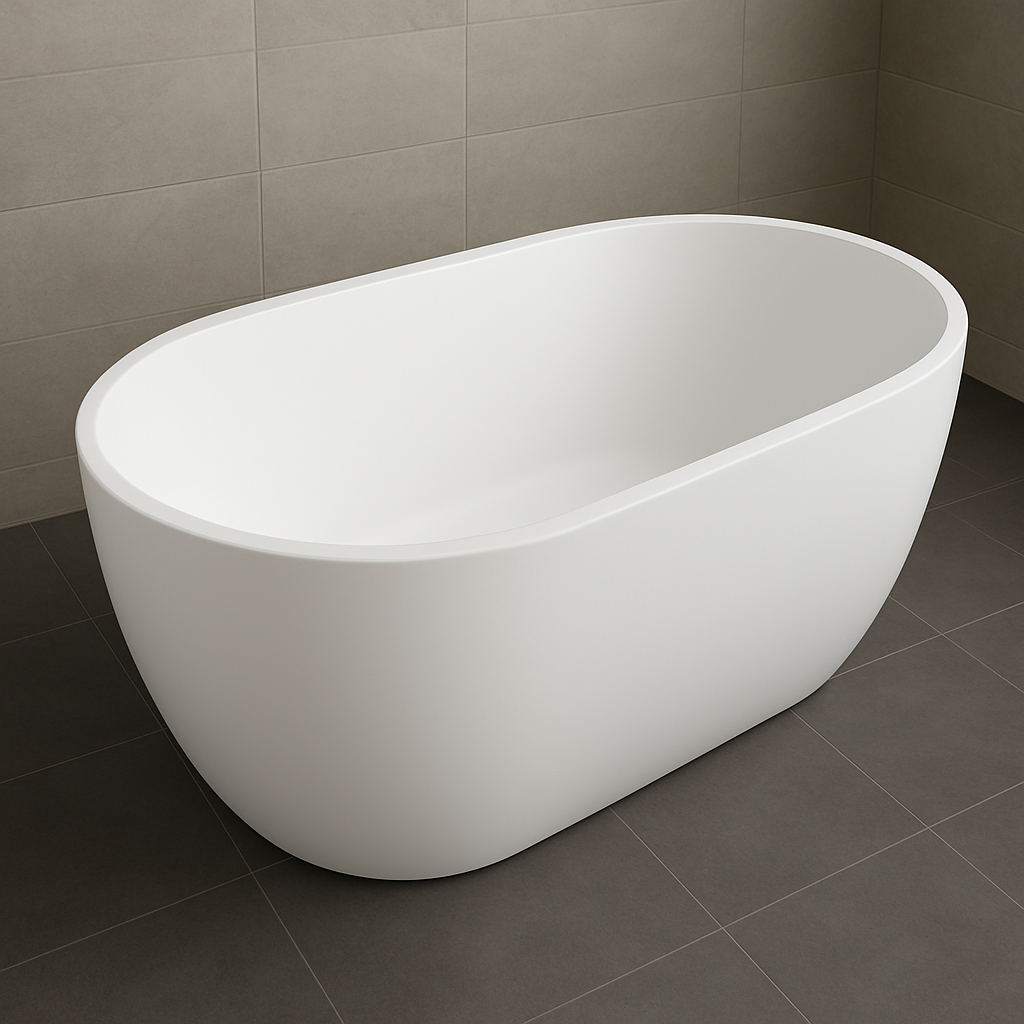
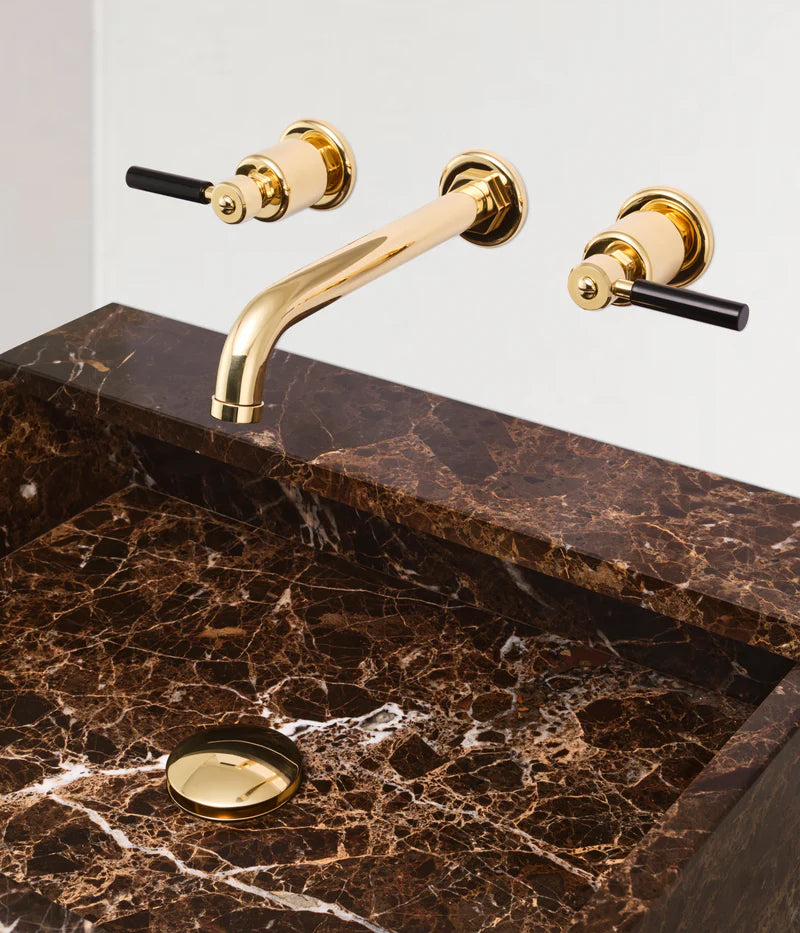




Leave a comment
All comments are moderated before being published.
This site is protected by hCaptcha and the hCaptcha Privacy Policy and Terms of Service apply.